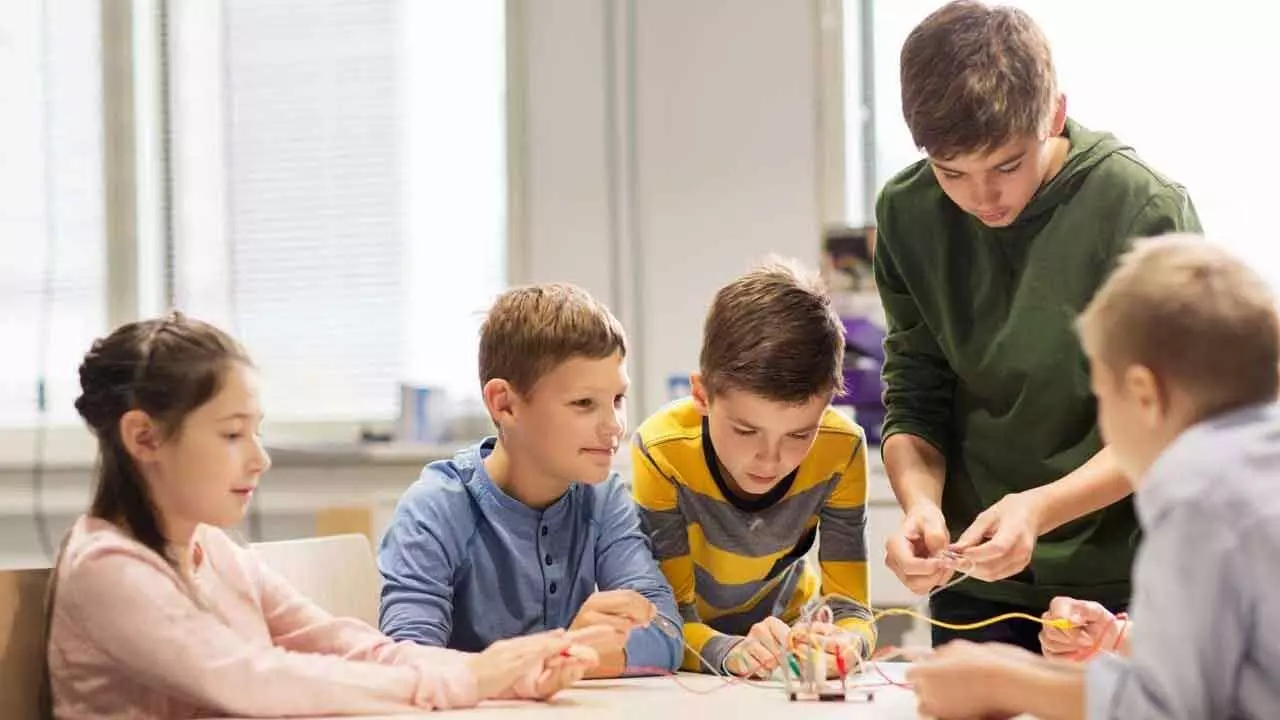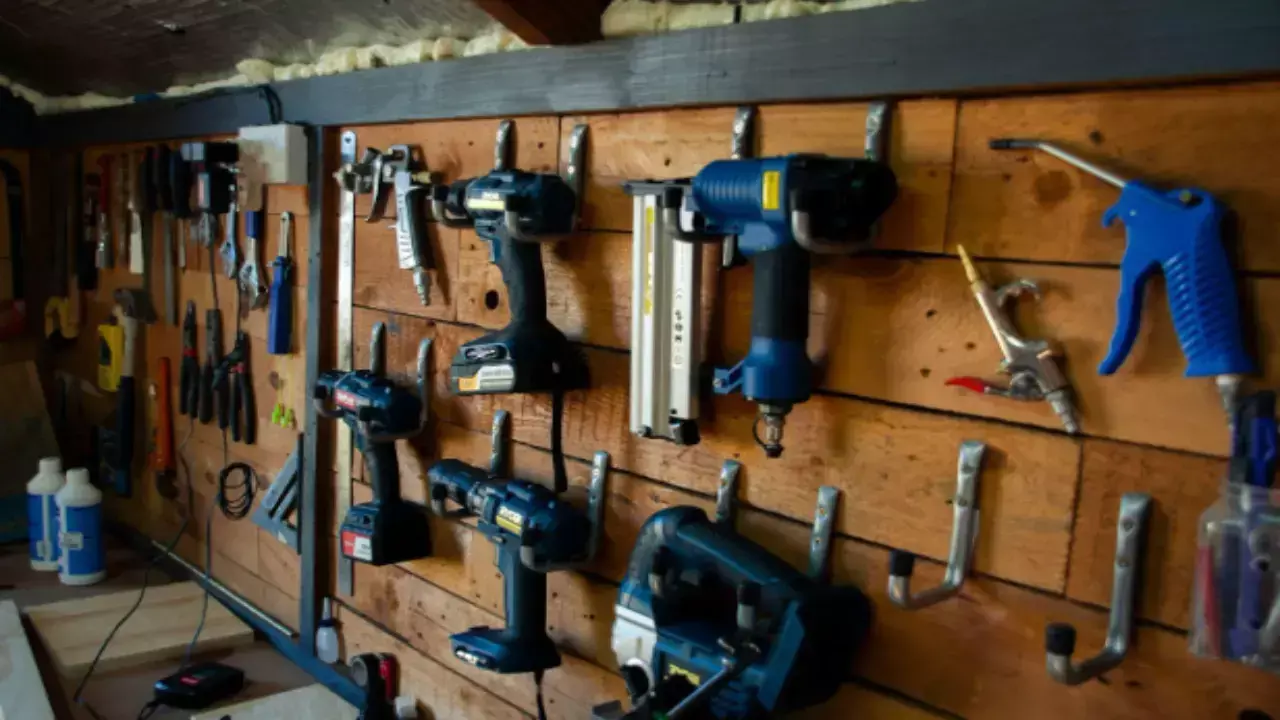Why hands-on learning is the key to education

Experiential project-based learning is not just about mastering technical skill. It is about mastering essential workplace abilities like teamwork, communication, and adaptability. Imagine engineering students collaborating on a sustainable energy prototype. They must balance creativity with problem-solving while navigating conflicts and deadlines. These soft skills are indispensable, with 92% of employers valuing them as much as technical expertise. Research from Harvard University in conjunction with the Carnegie Foundation and Stanford Research Center reveals that 85% of job success stems from well-developed interpersonal skills, compared to just 15% from technical knowledge. Neglecting these skills in education does a disservice to students, limiting their readiness for dynamic professional environments
Education is not about sitting in a classroom, jotting down notes, and rote memorization. Unlike yesteryears, employers today are more concerned about the application skills that you bring to the table instead of just information.Careers today are about rolling up one’s sleeves, getting involved, and making connections between what’s taught and how it getstranslated in the real world. That’s where hands-on experiential learning comes in. It’s the bridge between knowledge and action, preparing students for life outside the classroom, thereby enhancing their employability.
Ever noticed how we tend to remember the things we do more than the things we hear? It is no coincidence. A study by the National Training Laboratories, shows that people retain 75% of what they practice, compared to just 10% of what they passively absorb through lectures, and 90% of what they learn when they teach someone else/use immediately, which underscores the effectiveness of hands-on learning, application in a real-world setting and communicating. Take coding, for example,a student that writes and troubleshoots their own program is far more likely to remember how an algorithm works than someone who just reads about it. The same goes for robotics—seeing a machine come to life because of your input? That’s unforgettable learning.
Another example, developing a web application in a digital technology course isn’t merelyabout coding—it’s about mastering user experience, troubleshooting real-time issues, and understanding collaborative workflows. Whether it’s debugging software or designing a cloud-based solution, these hands-on projects replicate real-world scenarios, bridging the gap between theory and practice. The result? Students don’t just learn concepts—they gain the skills and confidence to thrive in a fast-paced, tech-driven landscape.
Experiential project-based learning is not just about mastering technical skill. It is about mastering essential workplace abilities like teamwork, communication, and adaptability. Imagine engineering students collaborating on a sustainable energy prototype. They must balance creativity with problem-solving while navigating conflicts and deadlines. These soft skills are indispensable, with 92% of employers valuing them as much as technical expertise. Research from Harvard University in conjunction with the Carnegie Foundation and Stanford Research Center reveals that 85% of job success stems from well-developed interpersonal skills, compared to just 15% from technical knowledge. Neglecting these skills in education does a disservice to students, limiting their readiness for dynamic professional environments.
Education is evolving into a dynamic space where individuals are encouraged to experiment, fail, and try again. This iterative process builds capability and fosters resilience, essential traits in our rapidly changing world. By engaging in hands-on learning, students develop adaptability, a critical skill that equips them to thrive amidst uncertainty and change.From traditional blackboards to state-of-the-art code labs, experiential learning has permeated every aspect of education. It is no longer confined to passing exams; it is about shaping well-rounded individuals ready to innovate, collaborate, and tackle complex challenges.
Living examples of experiential, hands-on, project-based learning are collaborative classrooms in top technical and management schools led by experienced mentor-like’ teacher that gently nudge learners in the correct direction instead of just giving them the ‘knowledge’ on black/white board. Most top Indian and global institutions already do this very effectively with spectacular results in terms of placements – both for their fresh graduates as well as lateral learners. Even some leading online platforms, especially those managed by most top technology companies and their proxies, also incorporate this mentored project-based learning approach as an integral part of their programs.
In a world that increasingly rewards initiative and creativity, hands-on learning stands as the cornerstone of modern education. It’s time to envision and build an education system that imparts knowledge and transforms learners into catalysts of changeprepared to leave a meaningful impact wherever they go.
(The authors are Chairman, Edunet Foundation ,and Manager- Corporate Relations)










